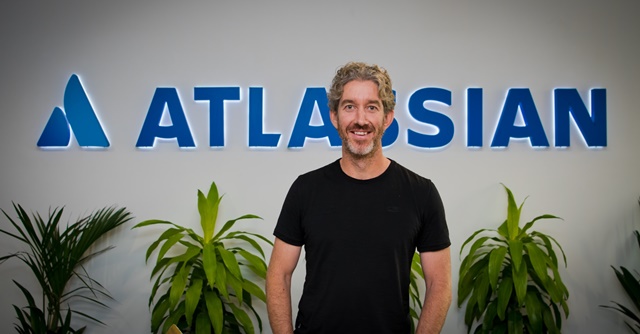
India is Atlassian’s fastest-growing region in terms of workforce strength: CEO Scott Farquhar


Team collaboration and workflow management software provider Atlassian is growing headcount in its Indian office. Already comprising a workforce of 1,700 individuals scattered across the nation, the company is set to inject fresh talent into its ranks, with Atlassian's co-founder and chief executive officer, Scott Farquhar, revealing plans to onboard "hundreds of more employees" in the coming year. Atlassian's "Team Anywhere" approach, allowing its personnel the flexibility to work from any location, has played a pivotal role in the expansion, Farquhar told TechCircle.
“Our Team Anywhere initiative allows workers to work from any location and this has contributed majorly to the employee headcount,” he said while adding that India is Atlassian’s fastest-growing region in terms of workforce strength. To be sure, in 2022, the company announced that it would expand its India team to over 3,000 by the end of FY24. Some of the products in Atlassian’s suite include Jira, Confluence, and Trello.
A significant proportion of Atlassian's Indian workforce, constituting around three-fourths of their employees, is dedicated to research and development, comprising engineers, product designers, and associated professionals. The remainder focuses on support operations for the APAC and Europe regions. A large part of the company’s IT products are built by the Indian team including Jira Service Management and Atlassian marketplace.

To be sure, Atlassian fired 500 people, or 5% of its overall employees in March. At the time, the company said that it is reinvesting in roles like IT support management and cloud migrations to better serve priorities.
A 21-year-old company, the Australia-headquartered Atlassian opened its India office in Bengaluru in 2018. “Since we have adopted the Team Anywhere model, we spent $16.5 million to move out of office in the special economic zone (SEZ). Currently, only a small fraction of the team works from a physical office, while the majority operate from remote locations,” said Farquhar.
"The way a lot of the incentives are set up in India requires you to start your business in a very specific location," Farquhar noted. "The investment to build our SEZ office and other arrangements had to be unwound when we moved to a remote working model. Towards this, during Prime Minister (Narendra) Modi’s visit to Australia (in May), I spoke to him about economic incentives for multinationals to come to India need to be less regional and more countrywide," he added.

Another substantial development in Atlassian's India strategy is the decision to begin storing data in India-based data centers from the first half of 2024. Farquhar explained, “Whilst many companies are happy to have the data centre somewhere in the cloud, there are many other Indian government agencies and regulated industries that require us to have an Indian data centre. So we've made huge investments to be able to put our data in a data centre in India. We'll be utilising Amazon's data centers in India.”
